Substance Abuse Counseling - Substance Abuse Support
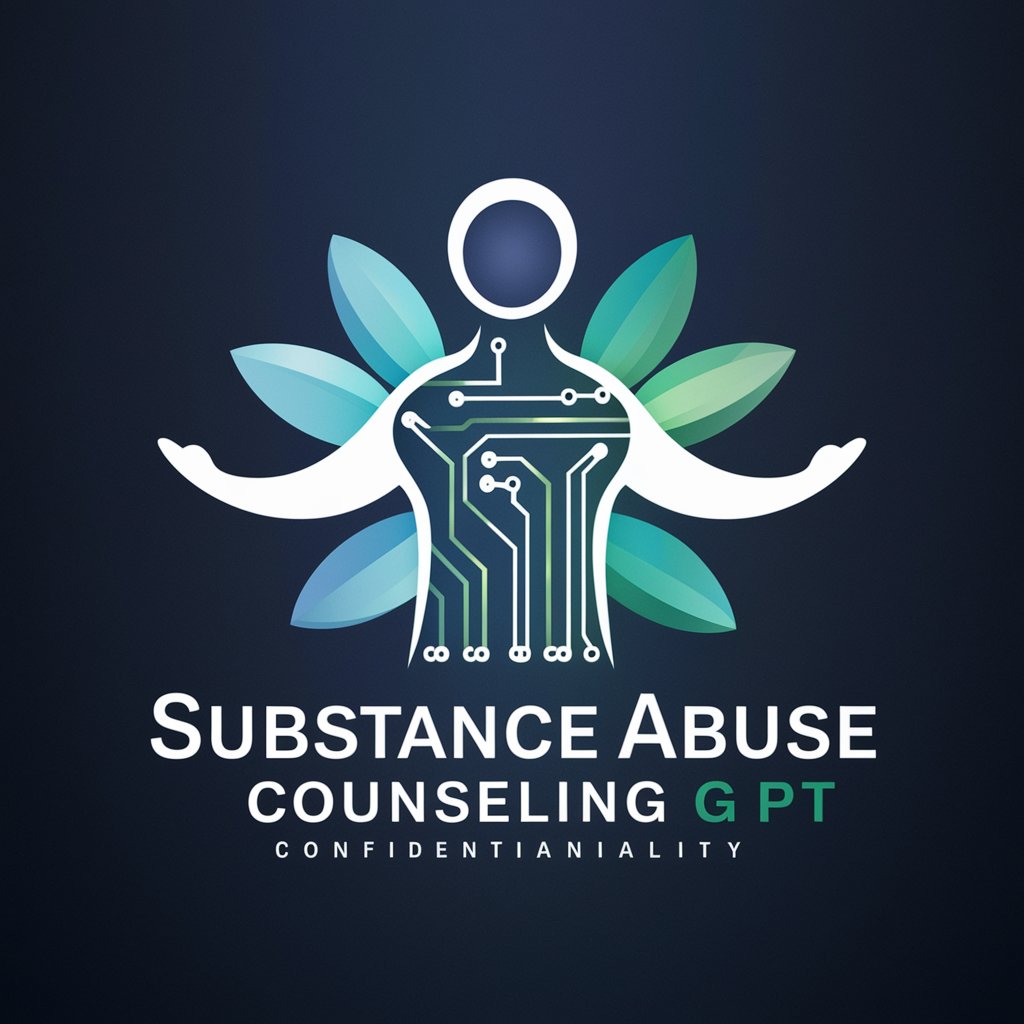
Hello! How can I support you today with your recovery journey?
Empathetic AI for Addiction Support
Can you tell me about your current circumstances regarding substance use?
How ready do you feel to make changes in your substance use habits?
What support systems do you currently have in place to help with your recovery?
What coping strategies have you tried or are willing to explore to manage cravings?
Get Embed Code
Overview of Substance Abuse Counseling
Substance Abuse Counseling, as a digital tool, is designed to assist individuals grappling with issues related to substance use and abuse. This virtual platform aims to provide empathetic support, general advice, and a safe space for users to discuss their experiences and struggles with addiction. It is built to facilitate conversation, encourage reflection on personal habits, and support behavior change strategies. For example, a user might interact with this tool by discussing their recent challenges with alcohol, and in response, the tool could guide them through the process of identifying triggers, suggest techniques for managing cravings, and encourage them to consider professional treatment options. Powered by ChatGPT-4o。

Core Functions of Substance Abuse Counseling
Facilitating open dialogue
Example
A user expresses frustration with relapse; the tool responds by providing a non-judgmental space to explore the feelings surrounding the relapse and strategies for recovery.
Scenario
John, a 45-year-old recovering from opioid addiction, uses the tool to talk about a recent moment of weakness. The digital counselor helps him identify emotional triggers and suggests coping mechanisms.
Supporting behavior change
Example
The tool offers information on different stages of change in addiction recovery, helping users understand where they are in their journey and what steps might be next.
Scenario
Emily, who is contemplating quitting smoking, interacts with the tool to learn about the preparation stage of change and receives guidance on forming an actionable quit plan.
Providing educational resources
Example
The tool provides access to resources on the effects of substance abuse, treatment options, and self-help strategies.
Scenario
Alex discovers through the tool different treatment modalities like Cognitive Behavioral Therapy (CBT) and Motivational Interviewing (MI), and is guided on how to seek local resources.
Target User Groups for Substance Abuse Counseling
Individuals contemplating change
People who are aware of their substance use issues and are considering making a change but are not yet committed to action. They benefit from the educational content and exploratory dialogue that helps them assess their readiness to change and understand the recovery process.
Recovering individuals
Those who have already begun their recovery journey and are seeking additional support to maintain their sobriety. This group benefits from continuous motivational support, relapse prevention strategies, and help in coping with triggers and stressors.
Support networks
Family members, friends, and caretakers of individuals with substance use disorders. They can utilize the tool to gain insights into the nature of addiction, effective communication strategies, and ways to support their loved ones without enabling their behavior.

How to Use Substance Abuse Counseling
Start Your Journey
Begin by visiting yeschat.ai for a free trial, accessible without any need for a login or ChatGPT Plus subscription.
Identify Your Needs
Consider your specific situation regarding substance use, including your goals, challenges, and what you hope to achieve through counseling.
Engage with the Tool
Interact with the Substance Abuse Counseling tool by asking questions or expressing concerns about your substance use, readiness for change, or seeking advice on coping strategies.
Utilize Resources
Make use of the provided resources, including general advice on managing cravings, finding support systems, and strategies to prevent relapse.
Seek Professional Help
While this tool offers general support, it's crucial to seek professional healthcare for personalized and clinical advice, especially in crisis situations.
Try other advanced and practical GPTs
Surviving Abuse
Empowering recovery with AI
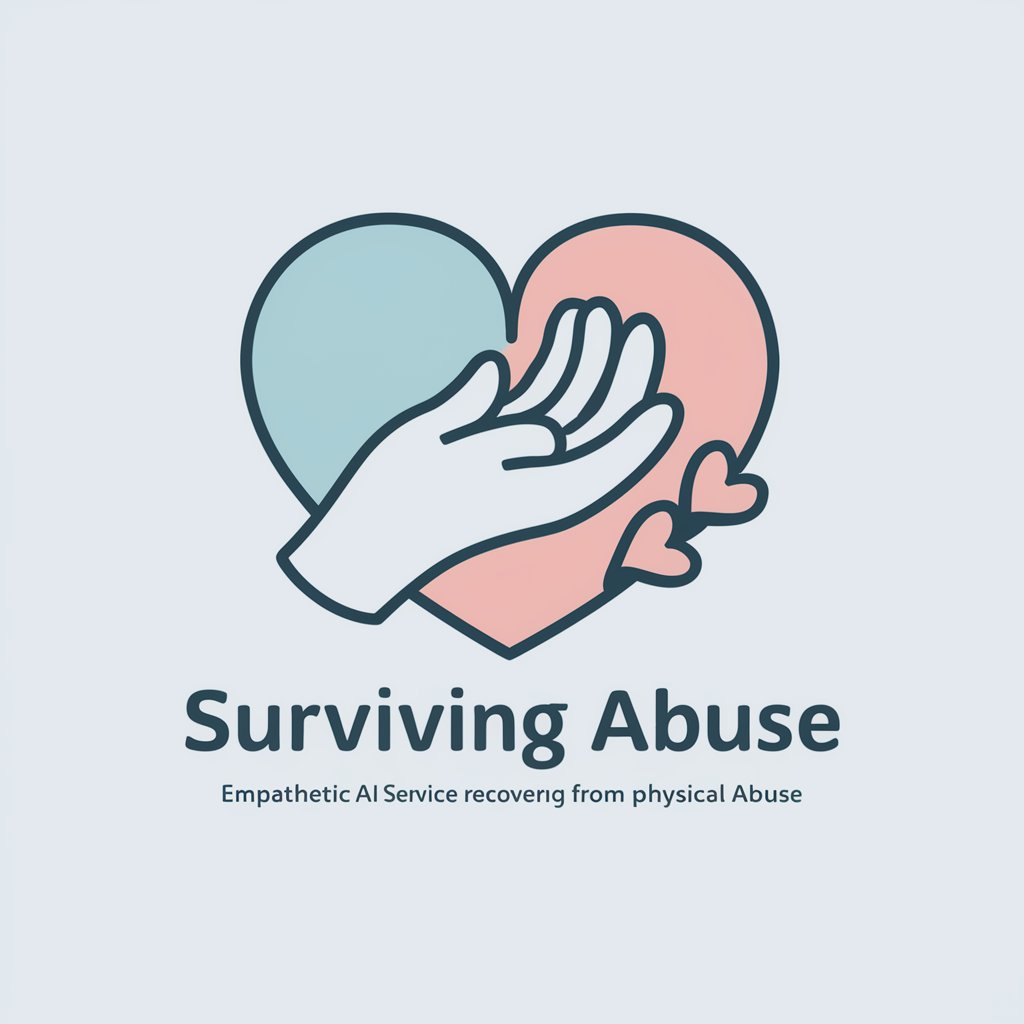
Fact Finder
Empowering Insights with AI Verification
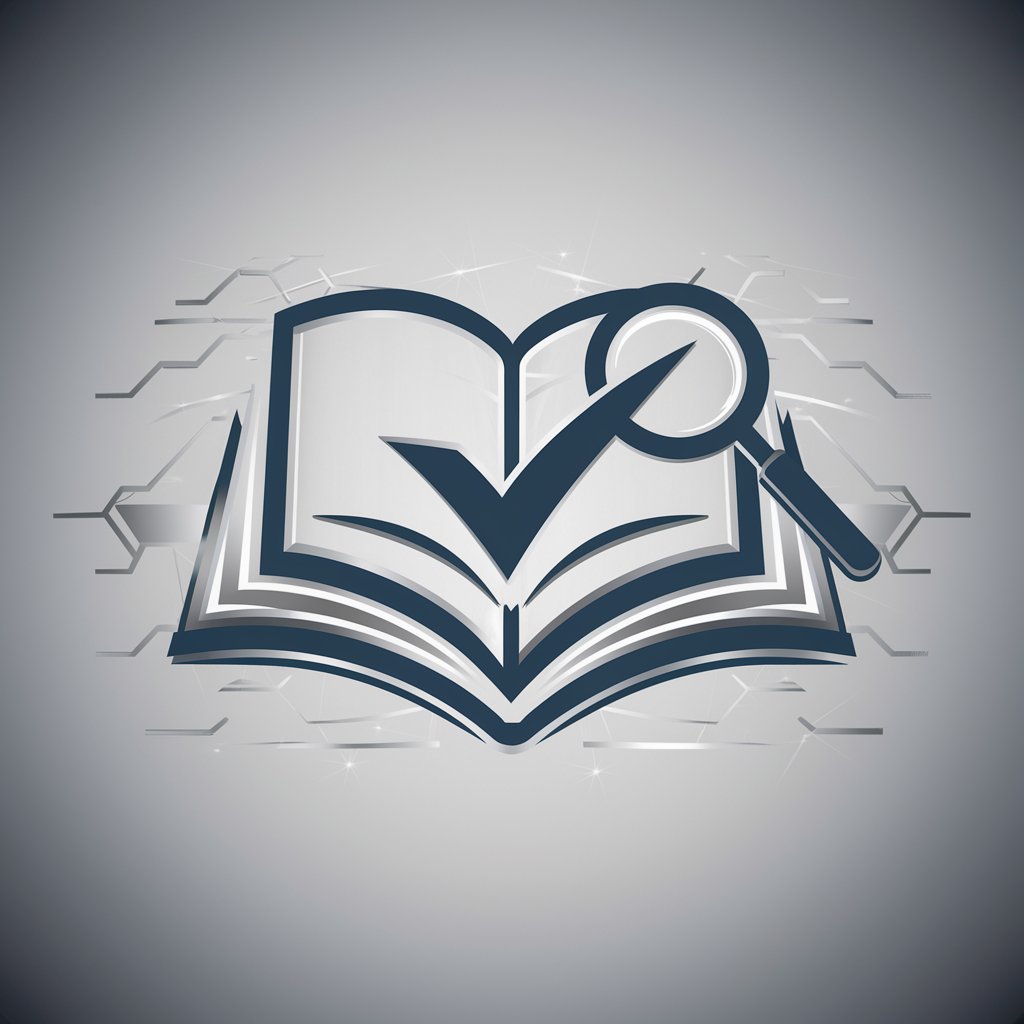
Code Review Master
Empowering developers with AI-powered code analysis

ChemGPT
Unraveling Chemistry with AI
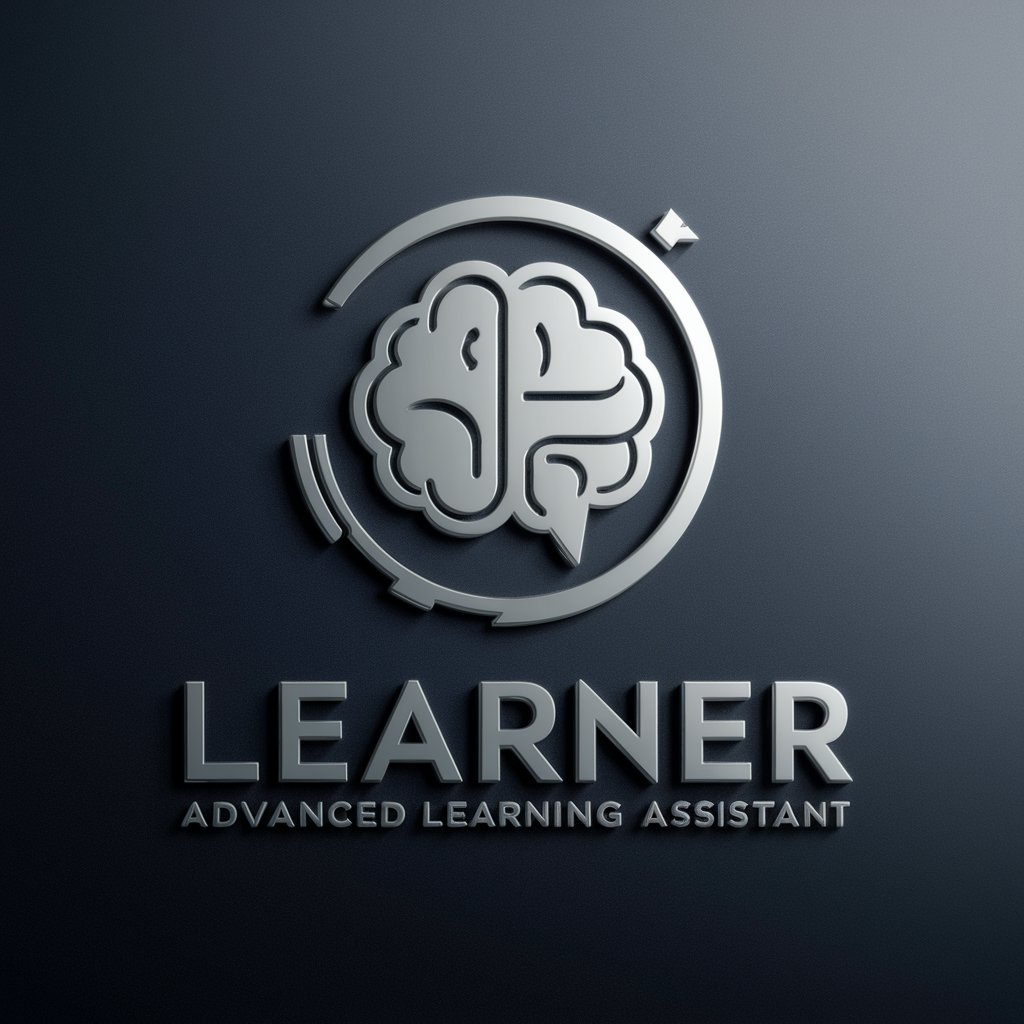
English Text Evaluator
Enhance Your English with AI Insights
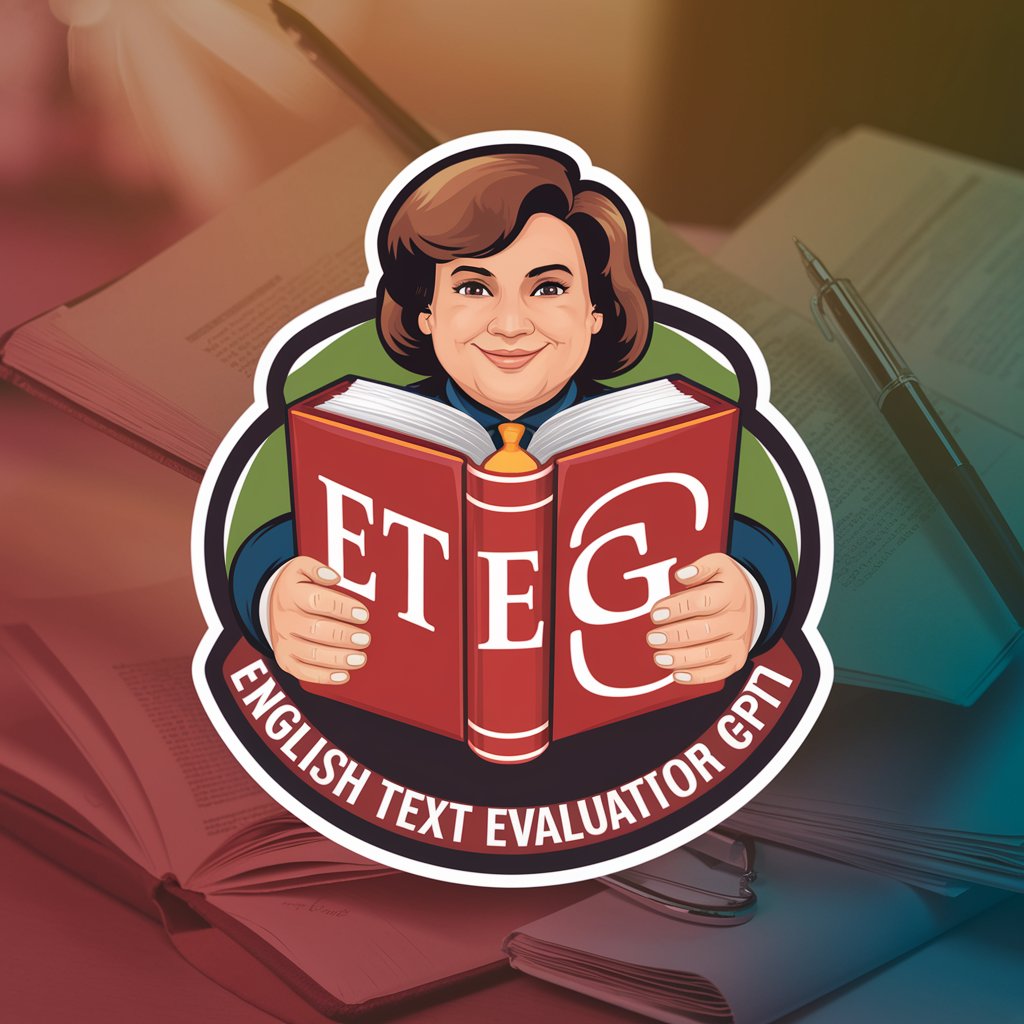
Inline MASM Assembly Guide
Empower your code with AI-powered assembly guidance

Term of Abuse
Unveil TOS insights with AI-powered analysis
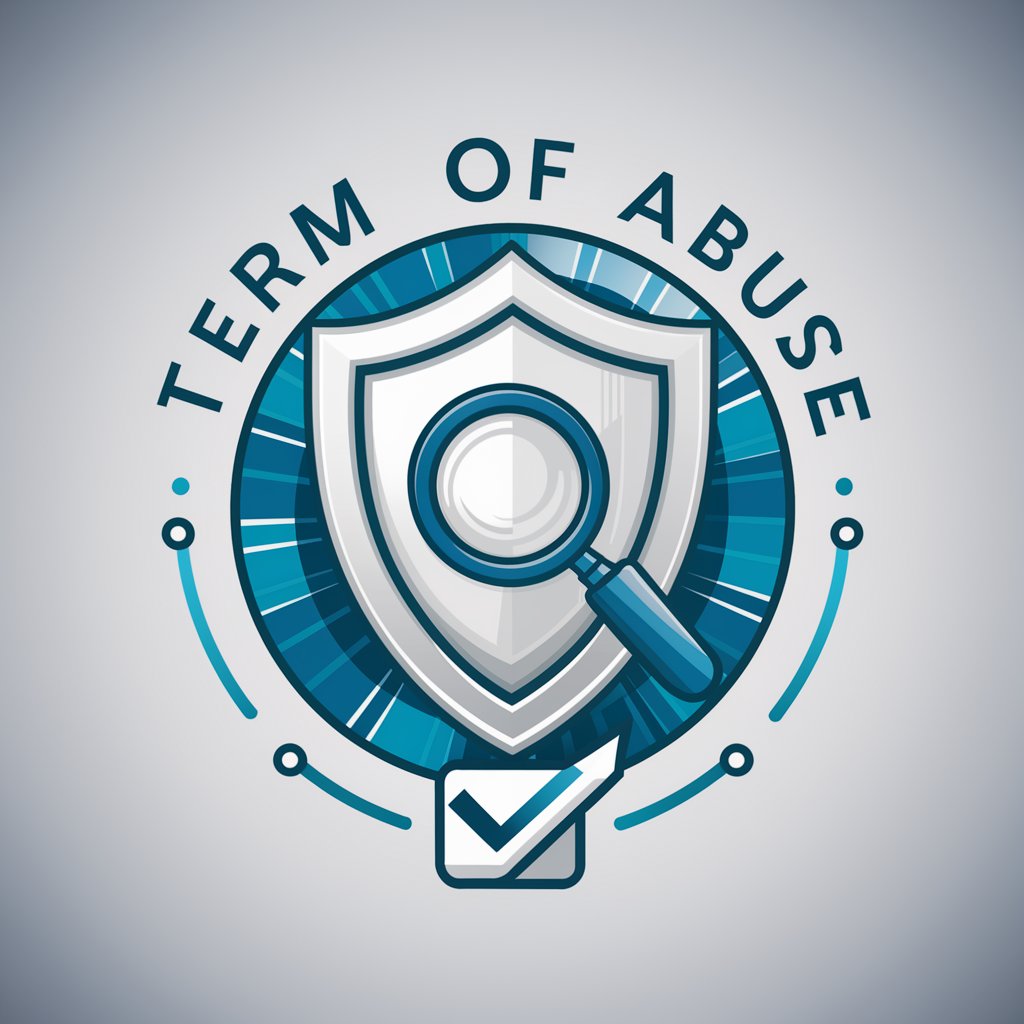
Elder Financial Abuse Advisor
Safeguarding elders with AI-driven advice
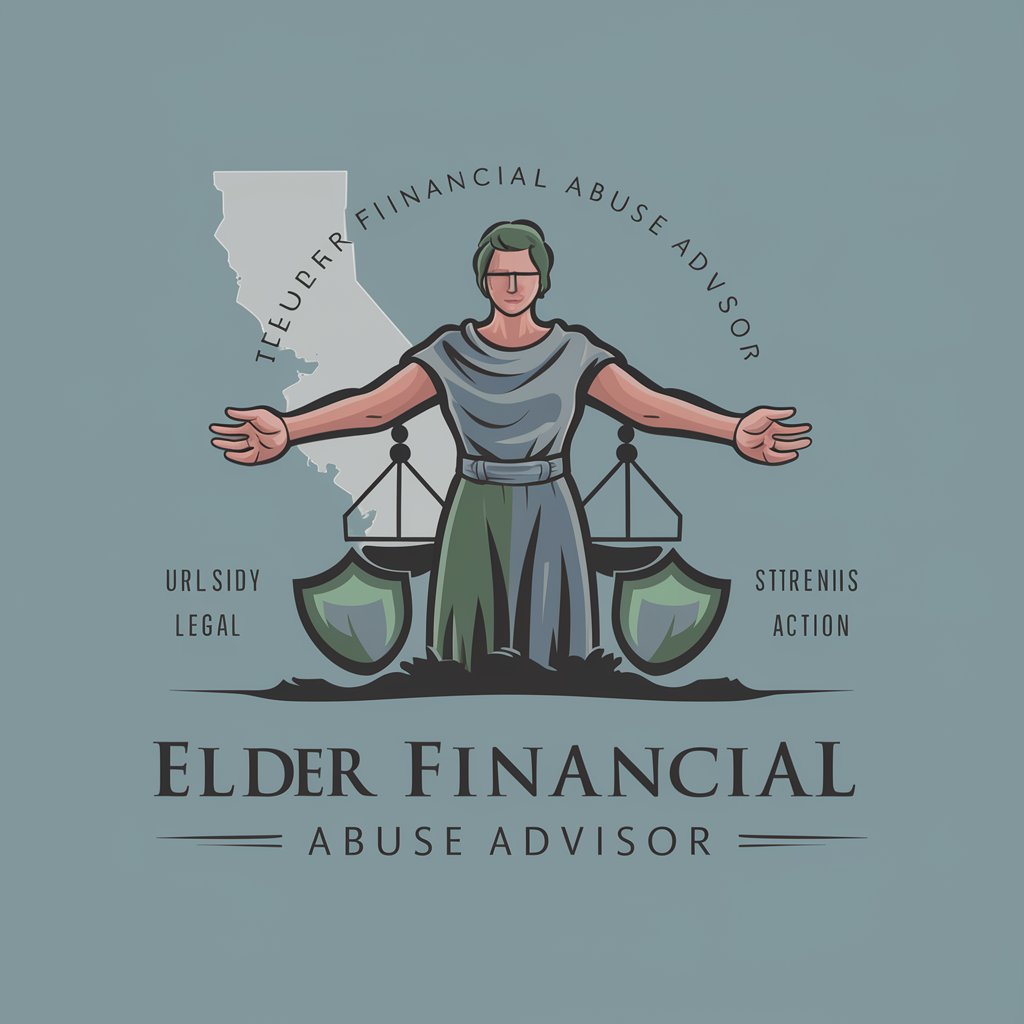
Fine Print Analyst
Decipher Contracts with AI
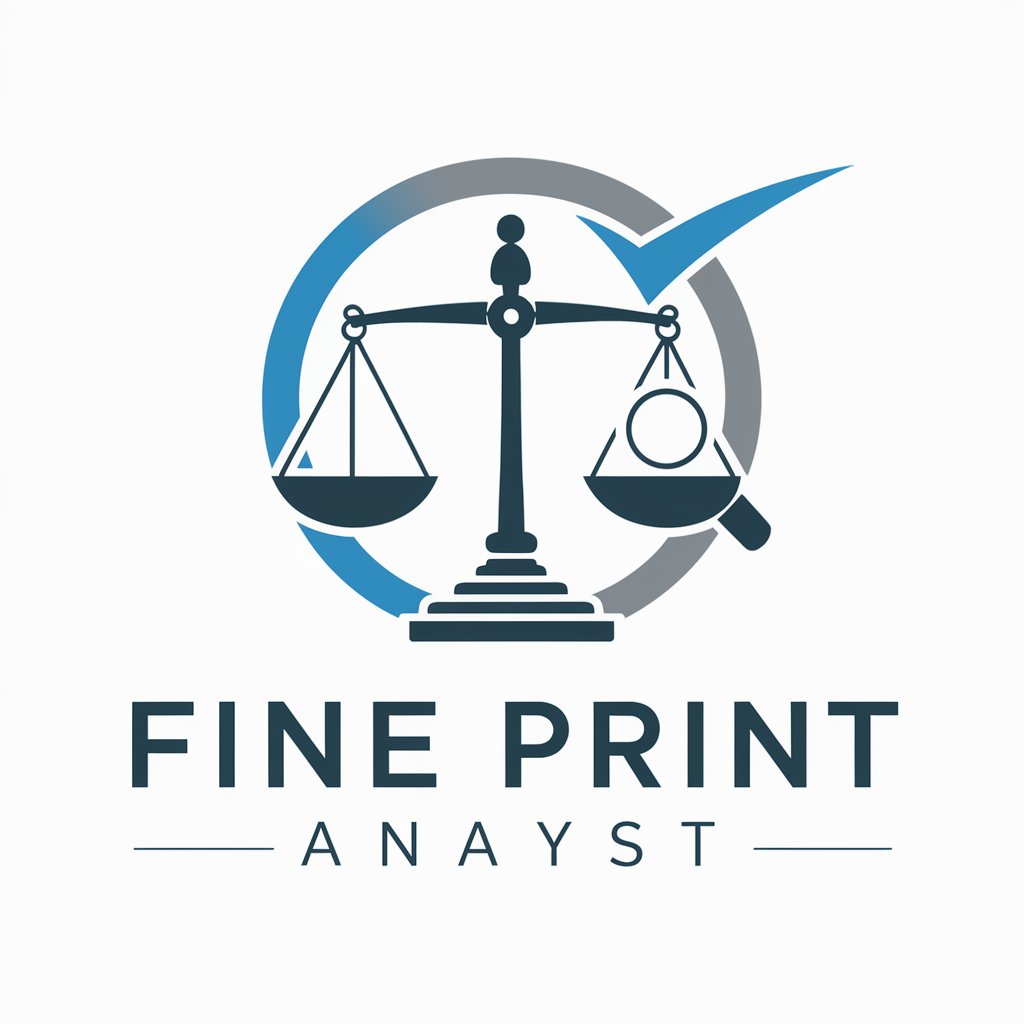
Ask to Rich Dad
Empowering your financial decisions with AI

Think and Glow Rich
Empowering Lives with AI-Driven Insights
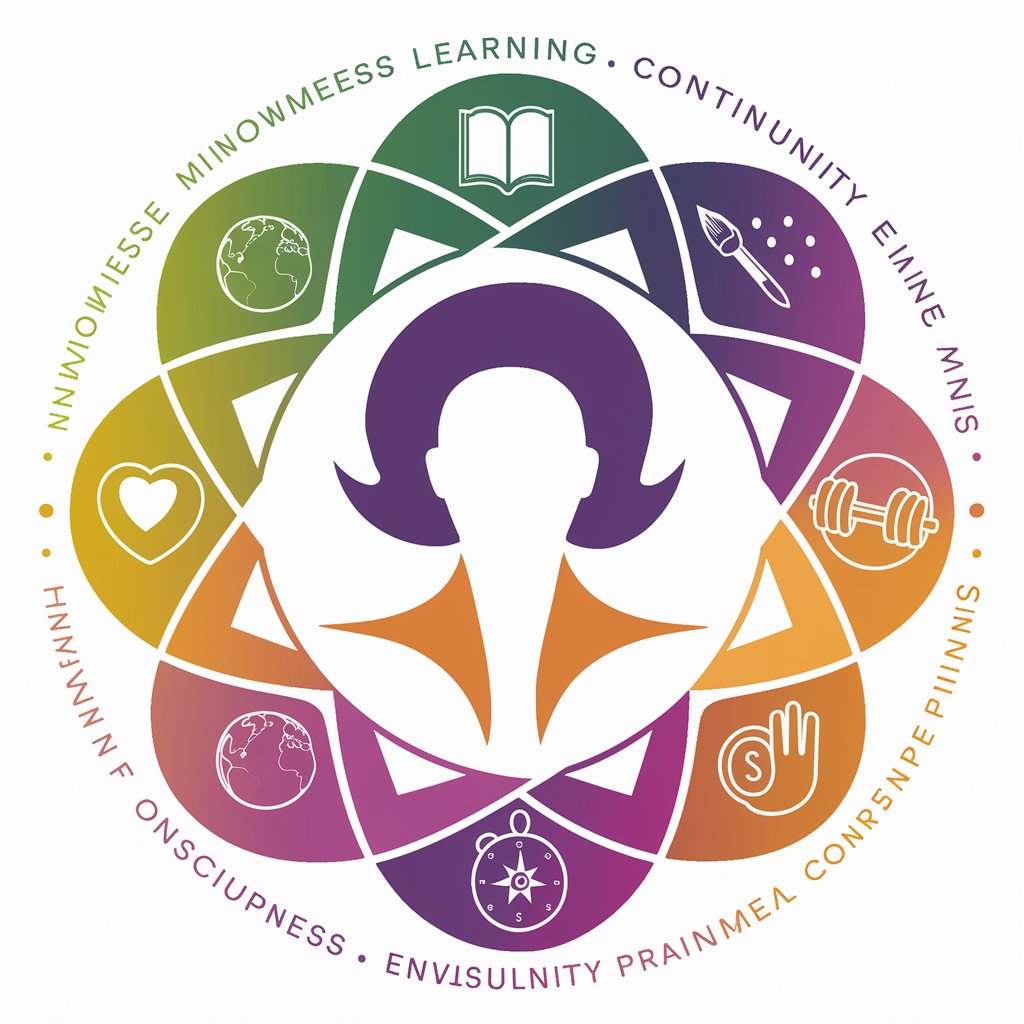
Smart Score
Instant Insights into Intelligence
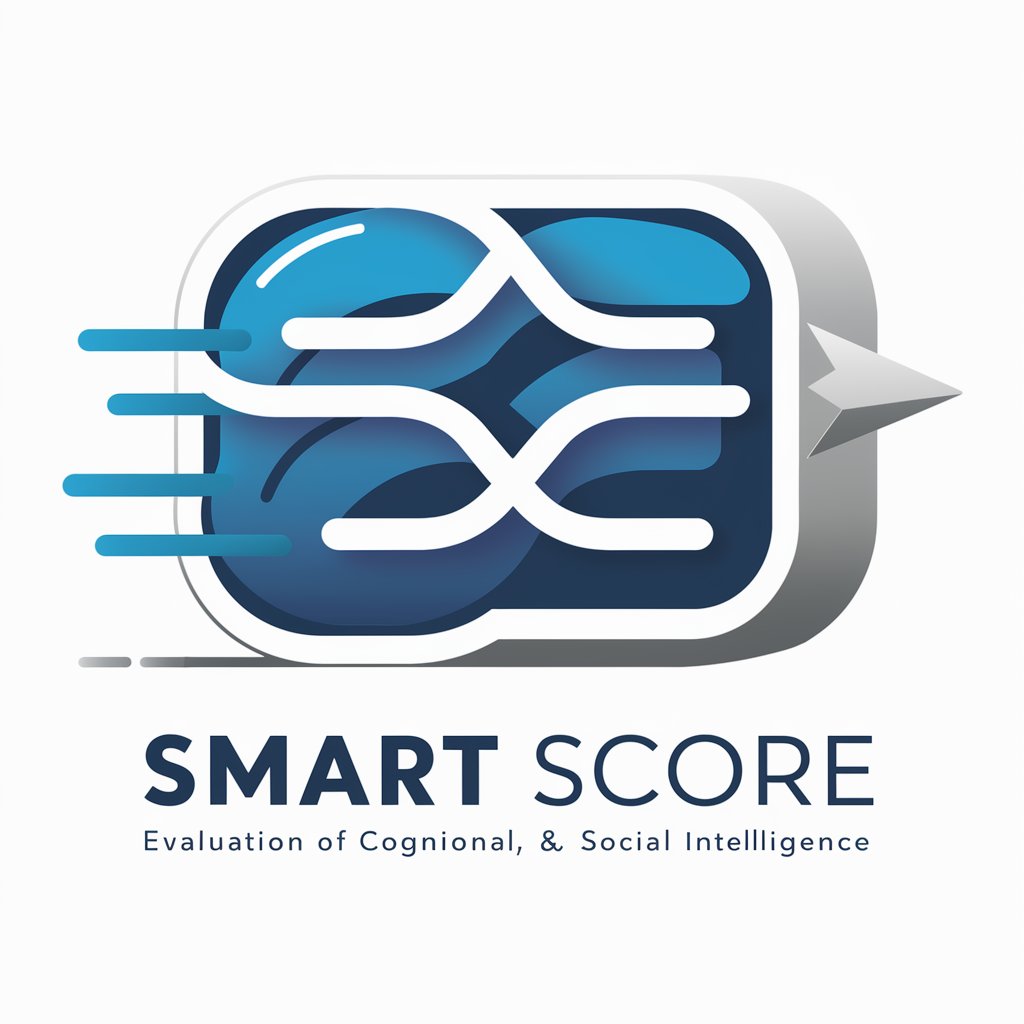
FAQs on Substance Abuse Counseling
Can this tool diagnose my addiction?
No, the Substance Abuse Counseling tool does not diagnose addiction. It provides support and general advice but cannot replace professional diagnosis.
How can I manage cravings with this tool?
The tool offers advice on coping strategies, such as mindfulness, finding hobbies, and seeking support from friends or support groups, to help manage cravings.
Is this tool a replacement for therapy?
No, this tool is not a replacement for professional therapy. It serves as a supplementary resource to provide support and general advice.
Can I use this tool for emergency situations?
In emergencies, it's crucial to seek immediate professional help or contact emergency services. This tool is not designed to handle crisis situations.
How do I know if I'm ready to change?
The tool can help you explore your readiness to change by discussing your current substance use, goals, and ambivalence, guiding you towards recognizing your motivation for change.
